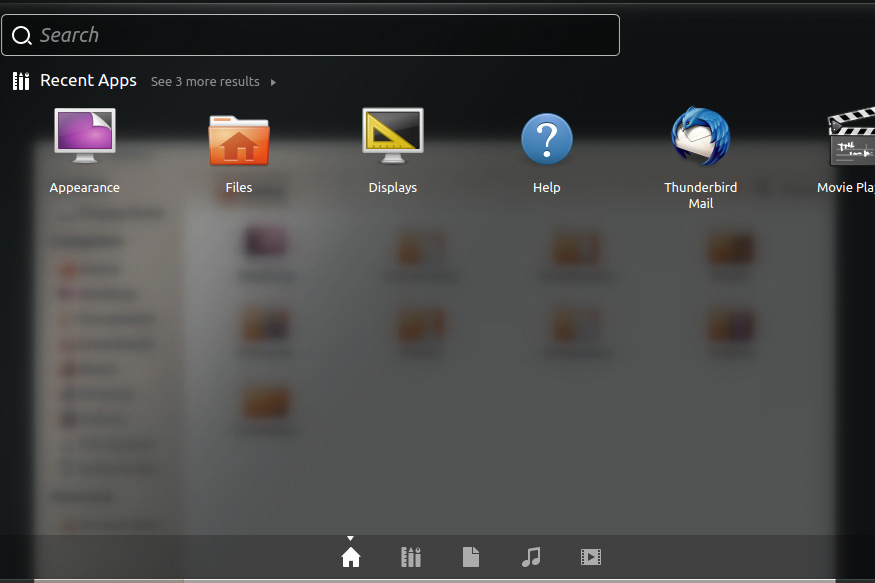Ubuntu 12.04 review
Canonical has packed in a HUD-based interface, bundled open source software, and increased security/software support from three to five years. We find out if it's enough to tempt enterprise users to Ubuntu.
Although Ubuntu 12.04 is dominated by Unity, support services such as Ubuntu One and Software Centre play a big role in making this the most complete Linux-based desktop operating system available.
Ubuntu 12.04 Precise Pangolin' is the first Long Term Support (LTS) release to feature the controversial Unity windows manager, a heads-up display (HUD), and five year support as Canonical aims to set it apart from the myriad of other Linux distributions.
Interface
Canonical's controversial Unity interface has annoyed and angered many long-standing Linux users. However, for newcowers to Linux it provides something different from Windows and Mac OS X and is a welcome move away from the equally controversial Gnome window manager.
Unity looked rushed when it was introduced a year ago. Since then, Canonical's developers have improved the overall fit and finish and introduced the HUD to provide contextual searching for applications, files and program functions.

Despite looking polished, the HUD can be clunky at times
Searching for applications by name is straightforward and nothing new as Microsoft introduced this within the Windows Vista Start menu. Searching for a function within a program is slow on Ubuntu and it doesn't work with all applications such as Skype by default.
The problem with the HUD is down to its immaturity and social engineering. Every major operating system for the last three decades has been driven by an icon/menu based interface and while it is far more unnatural than typing what you want to find, it is how the majority of people are used to working.
Despite its shortcomings, we do like the HUD as it is a progressive move towards natural computer interaction. It simply needs time and better support from applications to make it as intuitive as it should be.
Sign up today and you will receive a free copy of our Future Focus 2025 report - the leading guidance on AI, cybersecurity and other IT challenges as per 700+ senior executives
Although Canonical has placed a lot of faith in Unity to lure new users to Ubuntu, the firm still maintains Ubuntu distributions which use the KDE, LXDE and Xfce window managers by default. Ubuntu 12.04 distribution can used without Unity, with users able to download the window manager of choice and uninstall Unity.
-
 ‘Not a shortcut to competence’: Anthropic researchers say AI tools are improving developer productivity – but the technology could ‘inhibit skills formation’
‘Not a shortcut to competence’: Anthropic researchers say AI tools are improving developer productivity – but the technology could ‘inhibit skills formation’News A research paper from Anthropic suggests we need to be careful deploying AI to avoid losing critical skills
By Nicole Kobie Published
-
 CultureAI’s new partner program targets AI governance gains for resellers
CultureAI’s new partner program targets AI governance gains for resellersNews The new partner framework aims to help resellers turn AI governance gaps into scalable services revenue
By Daniel Todd Published
-
 Imperial College wants to train larger, more complex AI models – so it's teaming up with Digital Realty on a UK-first project
Imperial College wants to train larger, more complex AI models – so it's teaming up with Digital Realty on a UK-first projectNews Digital Realty’s Woking data center has been selected to run the project
By Emma Woollacott Published